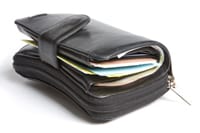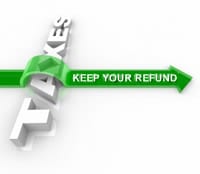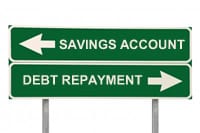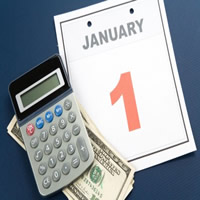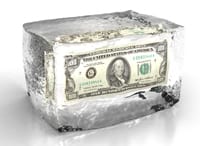
I am diligent about protecting my identity. I monitor my accounts, pay bills from my account online, shred paperwork, opt-out of mailings, and so much more. But even that may not be enough.
As a customer, I have been receiving notices that my personal information may have been compromised. I thought my identity was safe because I mostly purchase from, and use, well-known companies. But, they have not protected the databases they use to store everything they know about me. You know the companies I am talking about – Epsilon and Sony to name a few. You’ve probably been getting these warning notices yourself via email and postal mail, and you’ve probably heard more than enough from the media.
What can you do to protect yourself? You can follow my list of things to do to protect you from identity theft. If you need a refresher, visit www.jillrussofoster.com and look at past newsletter articles.
Put Your ID on Ice
If you are not planning on applying for new credit anytime soon, then the best advice is to put a credit freeze on each of your three credit reports. This will stop everyone (including you) from accessing your credit report for the purpose of obtaining new credit. Yes, there is a fee for this service, but it can be well worth it.
What if you need to apply for a loan or a new credit card within the next month? I assume you have a specific need, like a new car, home, or school loans. In that case, you should not use a credit freeze until your loan is complete. When you apply for credit, the creditor should be able to access your credit without you unfreezing your credit because you will have to pay a fee for that. However, do use a credit freeze if you’re just planning on shopping early summer sales. The freeze will not only protect your identity, it will prevent you from opening unnecessary store credit accounts at the mall.
Credit freezes are great and can prevent identity theft. They can prevent identity theft even if someone steals your wallet right out of your hands. But think before you leap, freezing and unfreezing your credit can be costly.
 Question: Which financial institution created a credit card based on an urban legend?
Question: Which financial institution created a credit card based on an urban legend?